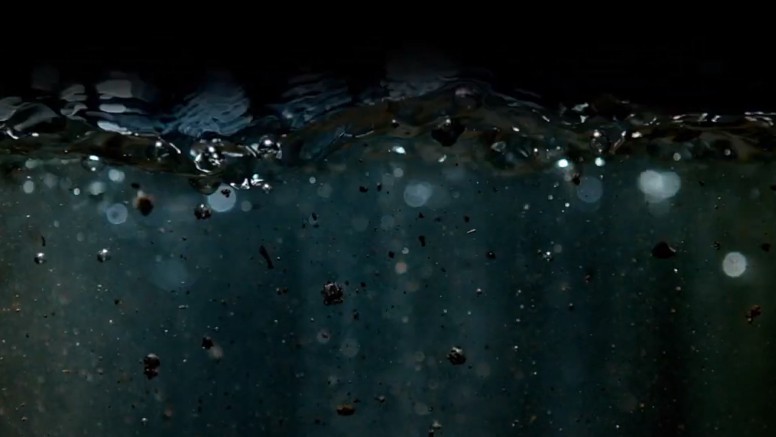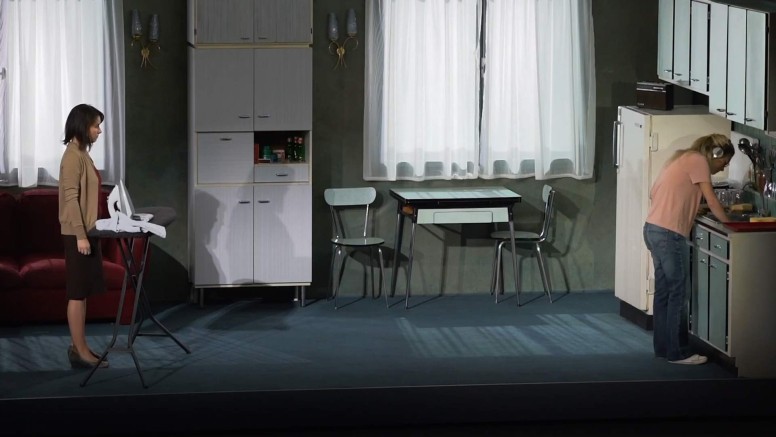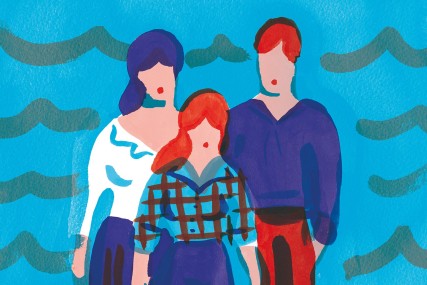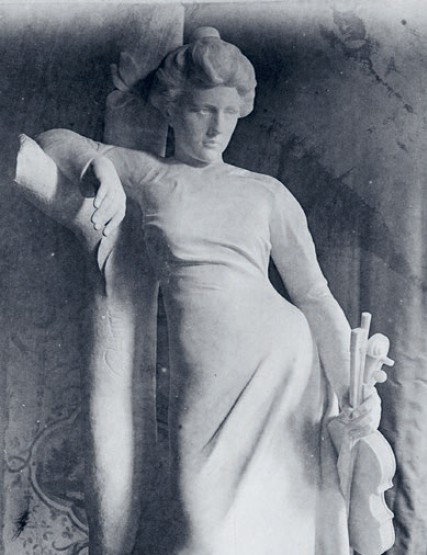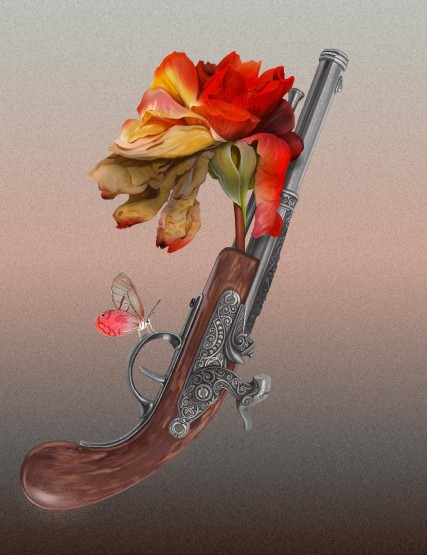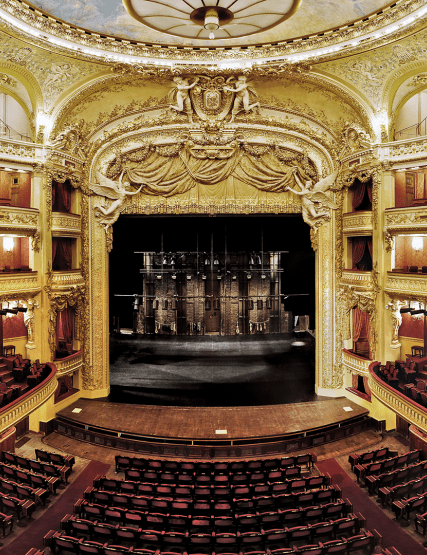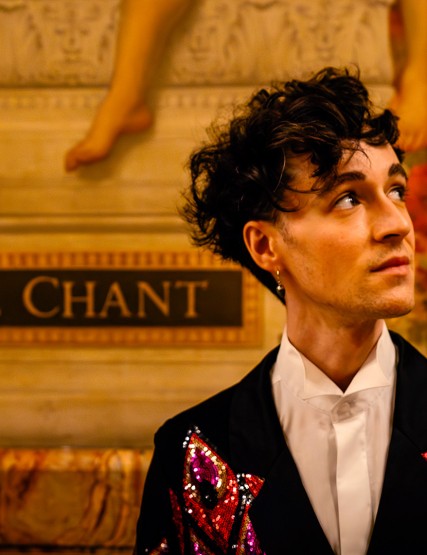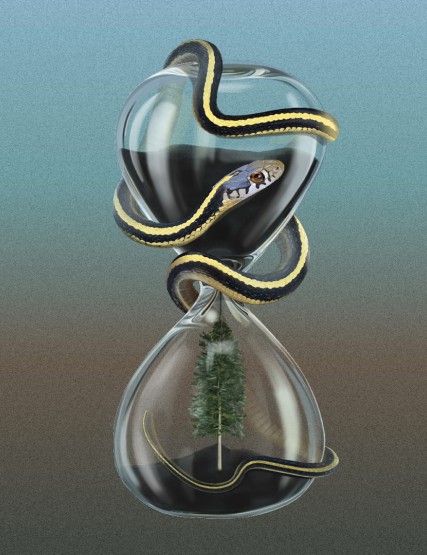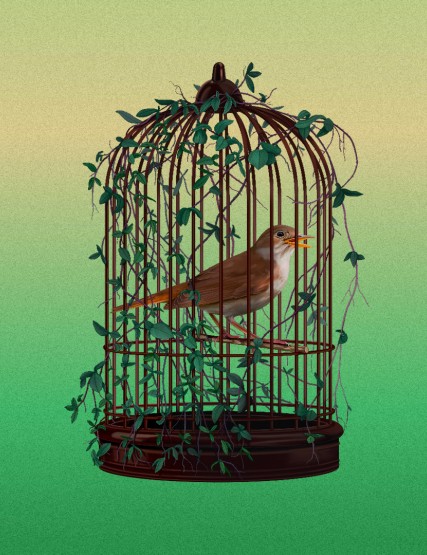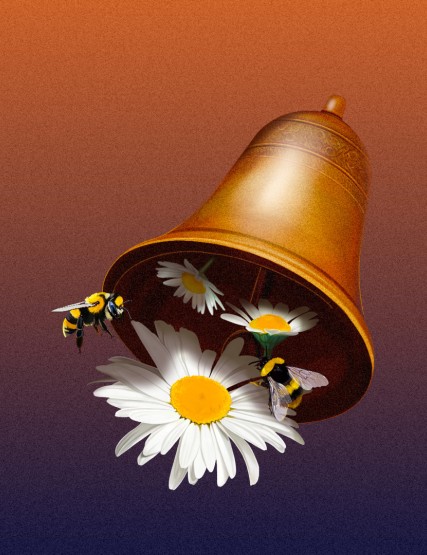A childless couple adopts an orphan girl. The teenager unexpectedly whisks her way into their home and their hearts.
Husband and wife hardly speak to each other. Silence, torn apart by the laughter of neighbouring families, has become unbearable. Overwhelmed with a strong feeling of guilt, the woman has built herself an inner world that becomes disrupted as the end of winter sees the river’s waters rise.
Back in 2019, at the invitation of the Opéra Comique, Joël Pommerat wrote his first libretto, adapting a short story by Zamiatine originally published in 1929.
The stage writer continuously shared the development of the speech and timing of the scenes with composer Francesco Filidei who was conceiving his second opera for the occasion. Their close collaboration, their tandem in collusion with the musicians and singers, gave birth to an operatic creation of a new verve, capable of expressing the muffled density of the soul.
This memorable score of sounds and images staged by Joël Pommerat returns to the Opéra Comique, with Leonard Garms conducting the intense and vibrant performers.
Opera in two acts based on the eponymous text written by Evgueni Zamiatine. Created at the Opéra Comique in 2019.
Il était une fois une femme, aimant un homme, aimée de lui, mais sans enfant. Dans leur petit appartement au bord du fleuve, la vie semble tourner au ralenti, comme les machines de l’usine à côté, silencieuse, immobile, traversée par les vents d’automne et l’agitation des voisins alentours.
Une nuit pluvieuse, la jeune fille du dernier étage, dont le père vient de mourir, est amenée chez eux. L’homme et la femme décident de la garder.
La vie reprend. Arrive le printemps, des liens se nouent entre l’homme et la jeune fille, de plus en plus proches. La femme reste en retrait, délaissée, muette face à cette intimité rivale qui s’installe au quotidien. La résignation, la jalousie, le ressentiment, passions tragiques d’une Médée ou d’une Hermione ici privées de mots, l’entraînent au bord du gouffre.
Un jour de crue, la femme se laisse déborder par ses émotions. Une inondation dévaste leur appartement.
Hébergés quelques semaines par la famille du deuxième étage, chacun retrouve sa place. La nuit, l’homme et la femme sont à nouveau réunis, sur un divan au salon, tandis que la jeune fille partage la chambre des enfants.
Le jour où ils regagnent leur appartement, la jeune fille disparaît. Trois mois plus tard, la femme découvre qu’elle est enceinte.
L’enquête pour disparition n’est pas prolongée, la vie reprend, malgré les mauvais rêves et la tempête intérieure de la femme. Une petite fille naît. L’homme et la femme sont heureux.
Mais la vie, pour Zamiatine comme pour Pommerat, n’est pas un conte de fées. Hantée par le souvenir de la jeune fille, la femme sombre dans un délire fiévreux et prend, enfin, la parole, une parole qui libère, lui fût-elle fatale…
Marion Boudier
Besides being a theater of creation, the Opéra Comique is historically a theater of experimentation, the place of fruitful junction between music and dramatic literature. While opera aimed at the harmony of its constituent parts, opéra-comiquewas by definition heterogeneous, combining laughter and emotion, uncouthness and poetry. Thus, it was also at the Opéra Comique that, by the late nineteenth century, artists explored convergence solutions among art forms by renewing their writing and their relations to fiction, stage materiality and the audience.
Over the last decades, contemporary creators of opera have exhibited an additional willingness: making a collective experience of what is lived around the orchestra pit.
Then, how about an artistic approach that mobilizes authors, performers and theater staff for a common examination beginning with the writing of a production?
This is not the sole originality of L’Inondation. This opera was initially the project of a writer. For about ten years, Olivier Mantei and Joël Pommerat have exchanged on theater and opera, on their respective temporalities, which have gradually become irreconcilable. Today opera is subject to drastic constraints regarding schedule and budget while theater knows how to accommodate itself to the work in progress, or to stage composition in the case of Pommerat.
However, would it not be advantageous for opera to enjoy the dynamics of theater, its freedom to search and experiment? These last years, the magnificent operatic productions for which Pommerat has adapted three of his pieces resulted in something certain: he had to write an original libretto and broach composition that produced its own necessity for music.
Once the notion was gained, there arose the portrait of a composer whose language would reconcile complex and contemporary writing with a deeply dramatic nature. A musician inclined to portray characters, develop a narrative, generate emotional tensions. With a passion for opera, Francesco Filidei also wished to confront dramatic composition.
The whole process of creation was thought afresh along with them at the very moment Zamyatin’s short story was chosen as the subject. The Opéra Comique joined forces to transform its usual production methods – which were adapted to the repertoire – in order to embrace their creative dynamics, the time required for research, experimentation, and interaction as well as for the literary, sound and scenic gestation.
The writing was the result of a time shared by the author and the composer, and then regularly broadened to the interpreters. The creative duet thus produced a work from a common viewpoint. The recording of the score – performed one year prior to the premiere to facilitate the stage director’s work – enabled the interpreters to approach the scenic part with the freedom of an accomplished musical learning. Finally, they all enjoyed more stage time than usual so that the dramaturgical part of the scenery was fully exploited in staging composition.
Thus, from January 2017 to September 2019, the Opéra Comique has taken its time for inspiration, reflection and sharing, and taken up the challenge of a new way of creating opera. L’Inondation, the new work by Pommerat and Filidei, pioneers a new complicity between opera and theater.
French text by Agnès Terrier
Traduction, Philipe Sicard
Musical direction, Leonhard Garms • Stage direction, Joël Pommerat • Artistic collaboration Valérie Nègre • With Chloé Briot, Jean-Christophe Lanièce, Norma Nahoun, Pauline Hurietcyr, Enguerrand de Hys, Victoire Bunel, Guilhem Terrail, Tomislav Lavoie, la Maîtrise Populaire de l’Opéra Comique • Orchestra de Chambre du Luxembourg
See all the cast2h (including intermission) - Salle Favart
Performing in French, French and English surtitles.
The doors of the opera-house open 45 minutes before the performance.
Some operas are available in audio description. "Image whisperers” are also available on demand.
More info on this page
16 seats are dedicated to people with reduced mobility, on reservation at the box office or by phone. Access to the lift is located 5 rue Favart
+33 1 70 23 01 44 | accessibilite@opera-comique.com
Relax sessions offer a inclusive caring environment for people whose disability (autism, multiple disabilities, mental or psychic disability, Alzheimer…) may give rise to atypical and unpredictable behaviour during the show.
Around the show
To discover
45 minutes before the performance : The keys to the show with the dramaturge of the Opéra Comique.
Salle Bizet | Free
To sing
45 minutes before the performance : Sing some thunes oh the show with a choir director.
Foyer Favart | Free
To relax
The intermission bar offers drinks and light refreshments as soon as the theatre doors open.
Accessibility
Relax session | Sunday, the 5th march at 3:00 pm
RELAX sessions offer a inclusive caring environment for people whose disability may give rise to atypical and unpredictable behaviour during the show.
Audio description | Sunday, the 5th march at 3:00 pm
This opera is available in audio description. "Image whisperers” are also available on demand.
Tactile introductions | Sunday, the 5th march at 1:45 pm
Before the performance with audio description: an adapted and tactile presentation dedicated to visually impaired people.
On demand : +33(0)1 70 23 01 44 | accessibilite@opera-comique.com
Cast






















Commande de l’Opéra Comique avec l’aide à l’écriture du Ministère de la Culture
Good deals all around
Single tickets | 2023 Season
Seats from 6€ to 150€. Discounts for young audiences, job seekers, people suffering from disabilities…
Subscriptions | 2023 Season
The season has won you over? Subscribe! Discounts and advantages when you book at least 3 season operas
Discount card | 2023 Season
The Pass Favart offers a 10% discount on all the season’s operas as well as many other advantages.
Families | 2023 Season
Come to the opera with your kids!
With the Mainate card, save up to 50% for under 18 and 10% for adults.
Members of the Cercle Favart
At the Cercle Favart, and for each show of the season, our patrons benefit from an exclusive evening while enjoying the best seats.



